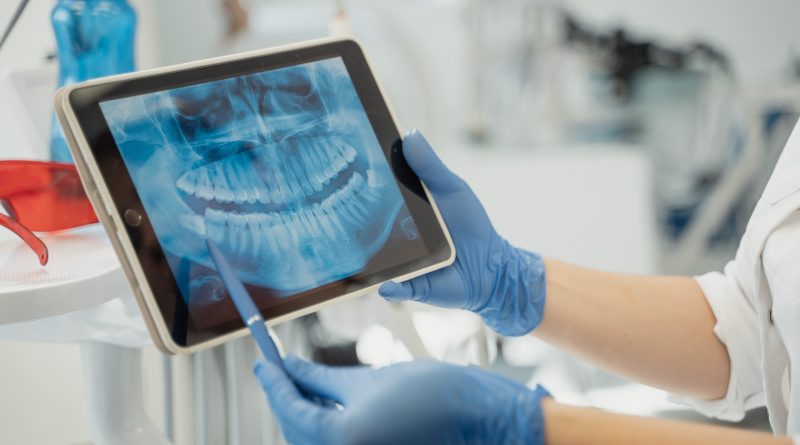How to Treat Mask Mouth?
Mask mouth, also known as mask-associated dry mouth or oral mask irritation, is a condition that occurs when wearing a face mask for prolonged periods of time. It is characterized by dry mouth, bad breath, and other oral hygiene issues. While face masks are important for preventing the spread of COVID-19, they can also cause negative impacts on oral health if not properly taken care of. Here are some tips on how to treat mask mouth and keep your oral hygiene in check while wearing a mask:
- Stay hydrated: One of the main causes of mask mouth is dry mouth, which is a result of reduced saliva production. Saliva is important for maintaining oral health as it helps to neutralize acids and wash away bacteria in the mouth. To prevent dry mouth, it is important to drink plenty of water and other hydrating beverages throughout the day.
- Use a humidifier: Humidifiers help to add moisture to the air, which can help to reduce dry mouth and other mask mouth symptoms. If you are unable to drink enough water, a humidifier can be a good alternative.
- Avoid sugary and acidic drinks: Beverages like soda, coffee, and sports drinks can increase the production of bacteria and acid in the mouth, leading to bad breath and other oral hygiene issues. It is best to avoid these types of drinks while wearing a mask.
- Use a mouthwash: Mouthwash can help to kill bacteria and freshen breath, which can be beneficial for mask mouth. However, be sure to use a mouthwash that is alcohol-free, as alcohol can dry out the mouth and exacerbate mask mouth symptoms.
- Practice good oral hygiene: Proper oral hygiene is always important, but it becomes even more crucial when wearing a mask. Make sure to brush your teeth twice a day with fluoride toothpaste and floss daily to remove plaque and bacteria. Consider using a tongue scraper or toothbrush with a tongue cleaning feature to remove bacteria from the tongue, which is a common source of bad breath.
- Take breaks: If you are wearing a mask for an extended period of time, make sure to take breaks and remove your mask periodically to allow your mouth to breathe. This can help to reduce dry mouth and other mask mouth symptoms.
- Use a lip balm: Dry, chapped lips can be a common side effect of mask wearing. To prevent this, use a lip balm or petroleum jelly to keep your lips moisturized.
- Consult with a dentist: If you are experiencing severe mask mouth symptoms that do not improve with the above measures, it may be a good idea to consult with a dentist. They can provide you with additional treatment options and advice on how to best manage your oral health while wearing a mask.
In conclusion, mask mouth is a common issue that can occur when wearing a face mask for prolonged periods of time. To prevent and treat mask mouth, it is important to stay hydrated, use a humidifier, avoid sugary and acidic drinks, practice good oral hygiene, take breaks, use a lip balm, and consult with a dentist if necessary. By following these tips, you can maintain good oral hygiene and reduce the negative impacts of mask wearing on your oral health.


